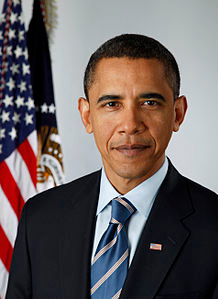Here are some questions we've received from readers and clients, followed by our answers. Hope you find these helpful!
Question: Would you hyphenate "we must perform our work with a high-level of technical expertise, professionalism, and integrity"?
Answer: In this example, there should be no hyphen in "high level" - that's because it is not a compound adjective. "Level" is a noun that is modified by "high."
Now, if you take out the word "of" there, then "high-level" becomes a compound adjective and it IS hyphenated. "We need high-level expertise in order to compete."
More examples:
- He displayed a high level of intelligence.
- She is a high-level consultant at Monsanto.
- They sought higher-level access at the Kennedy Space Center.
- He showed a high level of interest in our design.
Question: It is my understanding that abbreviations such as "etc., i.e., and e.g." are only used parenthetically, if at all. Why not simply write "and so forth, that is, and for example"?
Answer: Yes, why not use "that is" and "for example"? Well, sometimes people want to be quicker with their writing, so abbreviations are brought in. Some clients of ours have in their style guides prohibitions on using these abbreviations, but most people rely on them, we see.
The biggest trouble we see with them is when writers confuse them, using "i.e." when they mean "e.g." And in British form, neither takes a comma, whereas in American form, both take commas.
Style guides say it's a matter of personal preference. We'd never change "for example" to "e.g." in a client document, and we'd only change "e.g." to "for example" if the style guide directed us to.
Question: What's the rule for writing the name of a newsletter--italicized or underlined?
Answer: Chicago style (Chicago Manual of Style, 16th edition) has this:
CMS8.2: Chicago prefers italics to set off titles of major or freestanding works such as books, journals, movies, and paintings...Quotation marks are usually reserved for the titles of subsections of larger works--including chapter and article titles and the titles of poems that have been collected into a series.
Chicago does not use underlining at all, apparently.
So, we suggest putting a newsletter title in italics.
|
Do you have any questions you'd like our grammar experts to answer? Click here to submit your question!
|



 We often proofread documents that contain bibliographic references. There are at least three "standard" forms for literary citations. The form you choose will depend on your readership.
We often proofread documents that contain bibliographic references. There are at least three "standard" forms for literary citations. The form you choose will depend on your readership.



